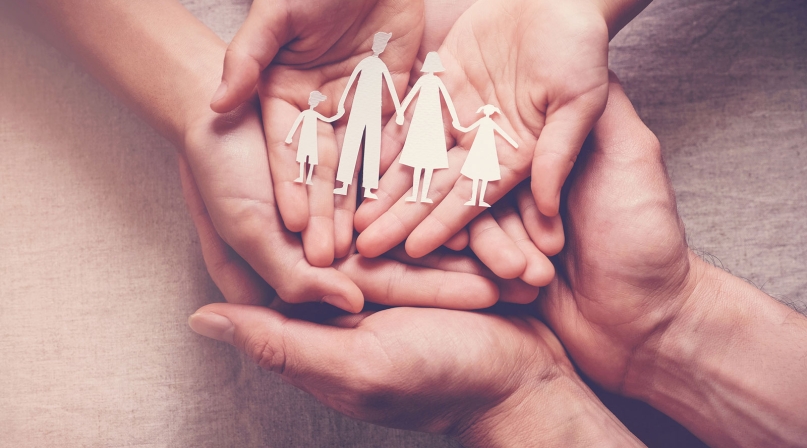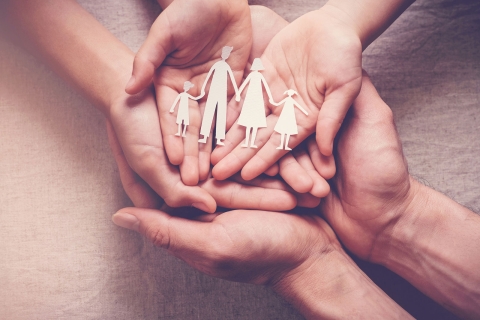NACo releases letter of support for the Two-Generation Economic Empowerment Act
Author
Upcoming Events
Related News

Key Takeaways
On April 16, 2020, NACo released a letter of support for the Two-Generation Economic Empowerment Act. The bill was introduced earlier this year by Senators Susan Collins (R-Maine) and Martin Heinrich (D-N.M.). The legislation aims to provide counties with flexible federal funding for pilot programs that take innovative approaches to combat multi-generational poverty.
Included in the bill is the Two-Generation Performance Partnerships, which provides important support for our efforts on the ground by allowing counties the flexibility to blend discretionary funding from multiple federal programs in exchange for greater accountability in achieving two-generation outcomes. Counties are deeply invested in the health and well-being of their residents and often serve as a safety net for individuals and families living in poverty and investing in upstream solutions designed to prevent poverty for future generations.
Counties invest $58 billion annually in federal, state and local funds in human services. To combat multigenerational poverty, we need increased, meaningful partnership from the states and federal government. This bill will help further progress the integration of federal, state, county and nonprofit efforts to establish high quality childcare, employment in underserved areas, and supporting the childcare workforce.
With counties on the frontline of the COVID-19 national health crisis, many are facing unprecedented expenses while simultaneously seeing our general revenue funds depleted due to the loss of sales and property tax dollars. As county resources diminish, so will our ability to support innovative anti-poverty programs—making additional flexible federal funding for human service programs even more vital.
NACo applauds the efforts of Congress for recognizing that state and local governments are best able to meet the needs of residents when federal resources are flexible and targeted at multiple generations within a family.

Attachments
Related News

USDA and HHS release new dietary guidelines
On January 7, U.S. Department of Agriculture Secretary Brooke Rollins and U.S. Department of Health and Human Services Secretary Robert F. Kennedy, Jr. unveiled the new Dietary Guidelines for Americans, 2025–2030.

County Countdown – Dec. 15, 2025
Every other week, NACo's County Countdown reviews top federal policy advocacy items with an eye towards counties and the intergovernmental partnership.
